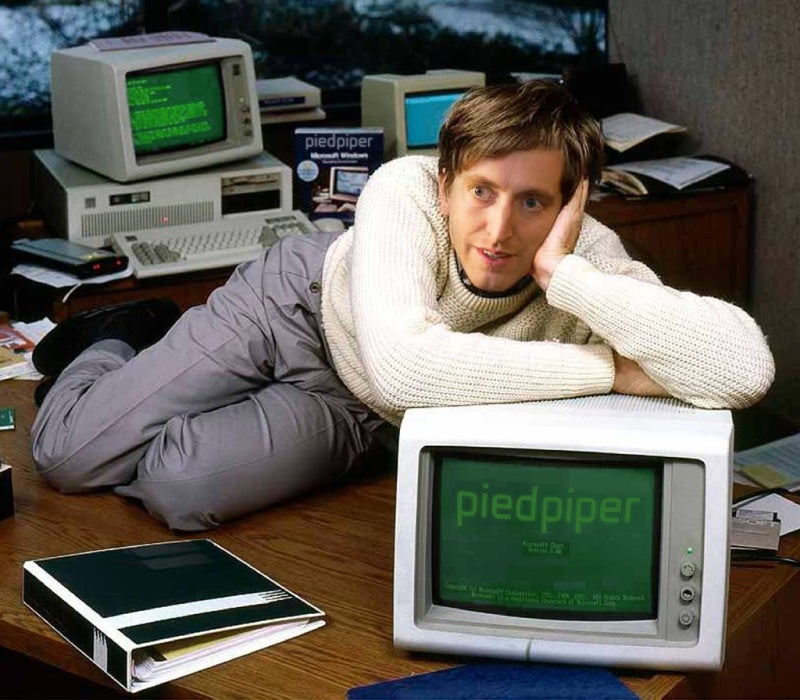COMEDY GOLD
If you want to understand Silicon Valley, watch Silicon Valley
The HBO series gets the tech industry just right.

Considering the huge impact that Silicon Valley has on our lives, I’m surprised by how rarely pop culture really gets it right. I can count the best stuff on one hand. The book Fire in the Valley did a good job of capturing what things were like back in the early years, and the relationship between Steve Jobs and me. (It was turned into a pretty good movie too.) Walter Isaacson’s biography of Steve is terrific, and I was blown away by how much history and technical information he synthesized in his book The Innovators. It’s a tour de force.
But if you really want to understand how Silicon Valley works today, you should watch the HBO series Silicon Valley.
It’s about a small team of developers at an Internet startup called Pied Piper. You watch them struggle to figure out their strategy, build their product, raise money, and take on Hooli, the tech giant that bears an obvious but superficial resemblance to Google or Microsoft.
The show is a parody, so it exaggerates things, but like all great parodies it captures a lot of truths. Most of the different personality types you see in the show feel very familiar to me. The programmers are smart, super-competitive even with their friends, and a bit clueless when it comes to social cues. Personally, I identify most with Richard, the founder of Pied Piper, who is a great programmer but has to learn some hard lessons about managing people.

And the entrepreneurs are well intentioned but prone to over-the-top vision statements. Even a huge believer in technology like me has to laugh when some character talks about how they’re going to change the world with an app that tells you whether what you’re eating is a hot dog or not.
The accuracy is well-earned. The producers and writers do a lot of research before each new season of the show. Last year I was one of several people they met with to talk about the history of the industry and kick around some of their ideas for season 5. (They didn’t give me any spoilers, though.)
I have friends in Silicon Valley who refuse to watch the show because they think it’s just making fun of them. I always tell them: “You really should watch it, because they don’t make any more fun of us than we deserve.” You can believe, as I do, that tech companies really are improving life with amazing tools and also admit that sometimes, who wins and who loses is pretty arbitrary. Somebody gets an idea almost right, but not quite, and their business fails; then someone else does it just a little bit better and they are viewed as a genius for the rest of their life. The show captures that perfectly.
I do have one minor complaint. Silicon Valley gives you the impression that small companies like Pied Piper are mostly capable while big companies like Hooli are mostly inept. Although I’m obviously biased, my experience is that small companies can be just as inept, and the big ones have the resources to invest in deep research and take a long-term point of view that smaller ones can’t afford. But I also understand why the show focuses so much on Pied Piper and makes Hooli look so goofy. It’s more fun to root for the underdog.
I’ve seen every episode of the first four seasons and am working my way through season 5, which ended in May. I’ve read that the show’s creators originally planned to stop after six seasons, but now they’re open to doing more. I hope they do. I’ll keep watching as long as they keep making this hilarious show.


